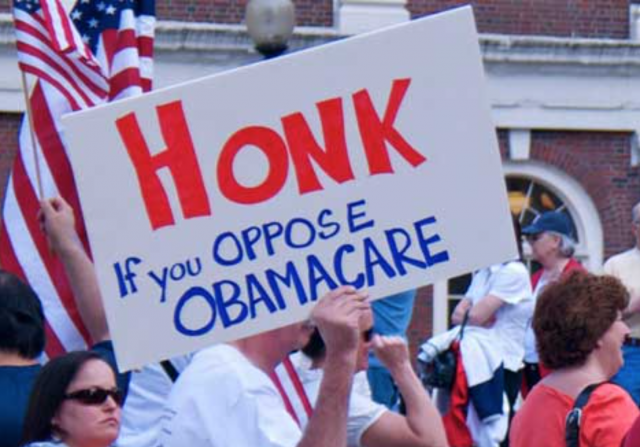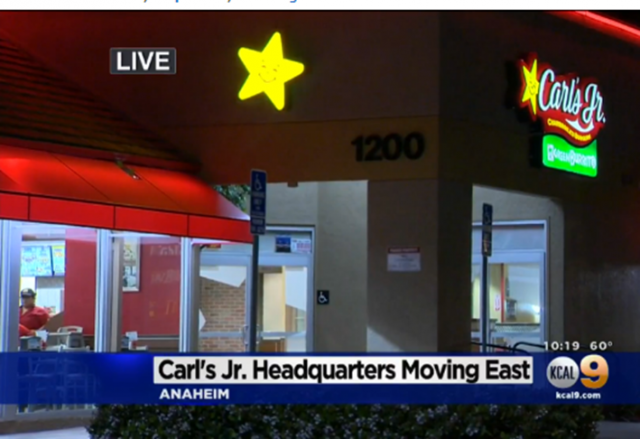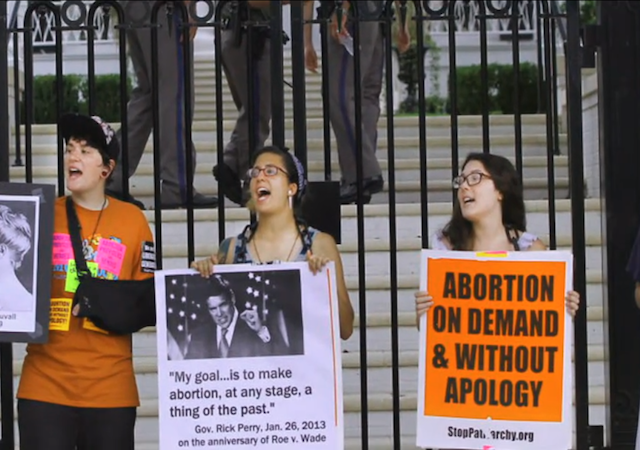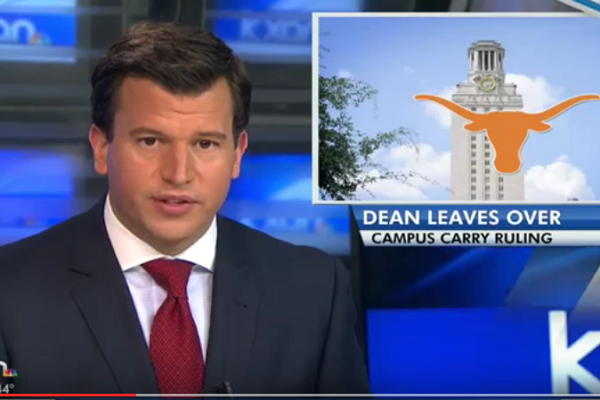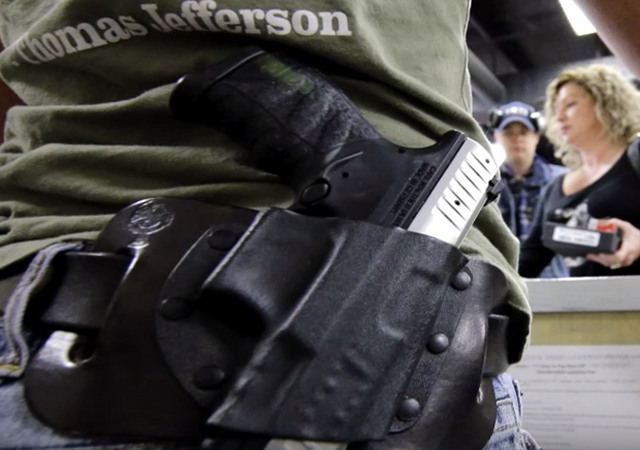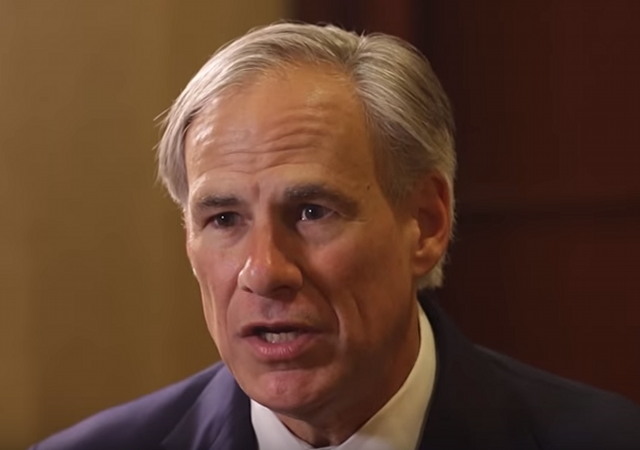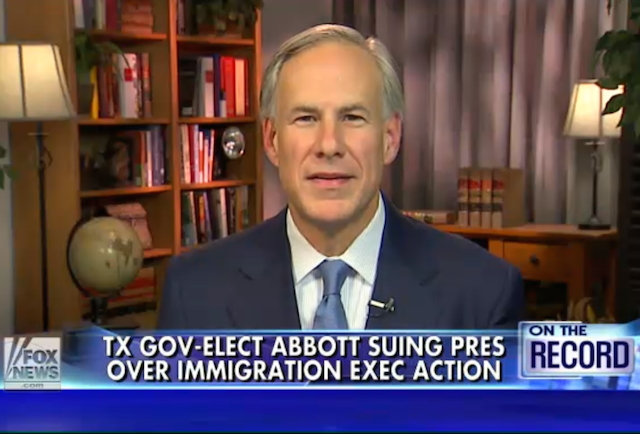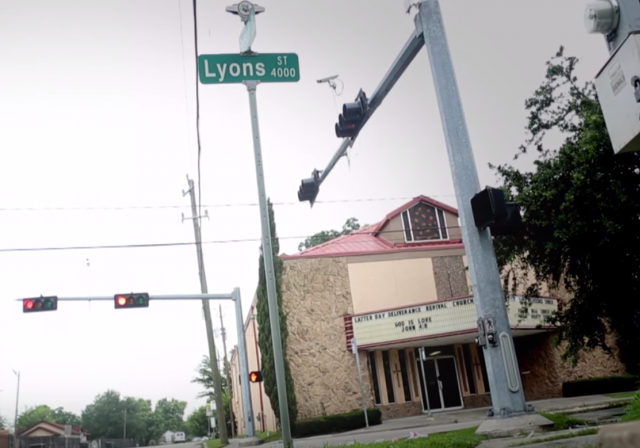SCOTUS Upholds Use of Race in U. Texas Admissions
on June 23, 2016
10 Comments
Yet another exciting day for SCOTUS watchers. Thursday morning, the Court released its opinion in Fisher v. University of Texas at Austin, holding in a 4-3 decision (Justice Elena Kagan did not participate) that the use of race in admissions at the Texas university was constitutional.
Opinion, written by Justice Anthony Kennedy, is here. Chief Justice John Roberts, Justice Clarence Thomas, and Justice Samuel Alito dissented. On first glance, it's clear that Texas' "Ten Percent Plan," where the top 10% of the class from every Texas high school gains automatic admission was a big factor, as a race-neutral alternative that still increased diversity.

